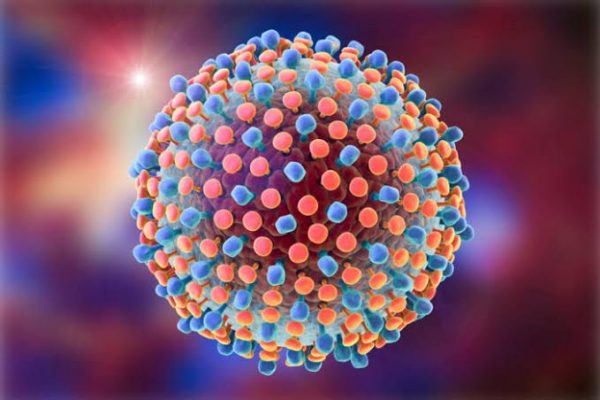28th July: World Hepatitis Day, Finding The Missing Millions
By Prof Peter Katchy
World Hepatitis Day takes place on July 28, every year to raise awareness of viral hepatitis and the impact it has worldwide. The theme for this year is: “Finding the Missing Millions”.It aims to achieve greater awareness, increased diagnosis and key interventions, including universal vaccination, blood, and injection safety, harm reduction and treatment.
Hepatitis is the acute inflammation of the liver. The condition can be self-limiting or can progress to liver cancer. Hepatitis viruses are the most common cause of hepatitis, but other infections, toxic substances such as alcohol, certain drugs, and autoimmune diseases can also cause hepatitis.

Hepatitis B and C viruses are the leading causes of liver cancer, yet more than 80% of those affected with viral hepatitis are unaware of their status. Viral hepatitis does not restrict itself to one region or people, but is found worldwide, making it a global epidemic. There are however, many vaccines and treatments available for hepatitis B and C. Thus, eliminating hepatitis is highly achievable.
Types A and E hepatitis are typically caused by consumption of contaminated food or water. Hepatitis B, C, and D usually occur as a result of contact with infected body fluids. Common modes of transmission for these viruses include receipt of contaminated blood products, invasive medical procedures using contaminated equipment. For Hepatitis B, the transmission is usually from mother to baby at birth as well as from family member to child, and by sexual contact.
The incubation period is from two to six weeks. Acute infection may occur with no symptoms, or may include symptoms such as jaundice, yellowing of the skin and eyes, dark urine, extreme fatigue, nausea, vomiting and abdominal pain, clay-coloured stools, fever, lack of appetite, itching, weight loss, and headache.
While many people worry more about contracting AIDS than Hepatitis, the reality is that every year, 1.5 million people worldwide die from either Hepatitis B or C faster than they would from HIV/AIDS.
READ ALSO: World Sickle Cell Day Celebration At Nnamdi Azikiwe Teaching Hospital (Photos)
According to W.H.O, there are three hundred and twenty-five million people living with viral hepatitis in the world, yet up to two hundred and ninety million of these are unaware that they have it. Globally, lack of awareness and poor access to Hepatitis treatment services mean that most people who need treatment do not receive it. However, over 90% of people with Hepatitis C can be completely cured within three to six months.
To prevent hepatitis, we must wash our hands with soap after going to the toilet, consume food that has just been cooked, drink clean or boiled water, eat enough fruits and vegetables and get a vaccine for Hepatitis. People should also practice safe sex, only use clean syringes that have not been used by anyone else, desist from sharing toothbrushes, razors, or manicure instruments and only allow well-sterilized skin perforating equipment for tattoo, acupuncture, among others.
Those who are infected should cover open wounds and go easy on alcohol. A lot of people live in very unsanitary conditions without toilet facilities. In such unsanitary conditions, food are prepared and sold to the public, confectioneries, vegetables, and fruits are hawked to the members of the public and travelers. Unhygienic and impure drinking water are poured into cellophane, packaged as pure water and hawked to the public.
Habitual drinking of badly prepared local gin, palm wine and excessive consumption of alcoholic beverages pose bigger dangers to the liver, which will result in hepatitis. Abusive use of all sorts of drugs, drinking of herbal concoctions without correct and proportional acid and alkaline level and nonavailability of concise and proportional dosages of such medicines are another serious health hazards. We must shun them.
TEST, TREAT AND FIND THE MISSING MILLIONS TO ERADICATE HEPATITIS!
ABSNEWS
Post Disclaimer
The opinions, beliefs and viewpoints expressed by the author and forum participants on this website do not necessarily reflect the opinions, beliefs and viewpoints of Anaedo Online or official policies of the Anaedo Online.

